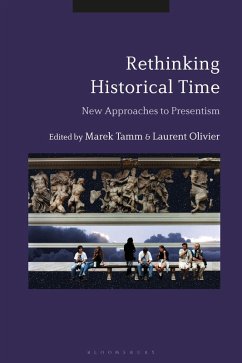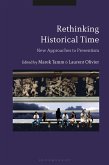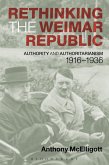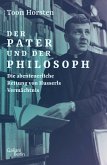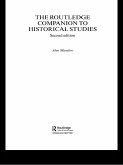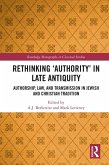Is time out of joint? For the past two centuries, the dominant Western time regime has been future-oriented and based on the linear, progressive and homogeneous concept of time. Over the last few decades, there has been a shift towards a new, present-oriented regime or 'presentism', made up of multiple and percolating temporalities. Rethinking Historical Time engages with this change of paradigm, providing a timely overview of cutting-edge interdisciplinary approaches to this new temporal condition.
Marek Tamm and Laurent Olivier have brought together an international team of scholars working in history, anthropology, archaeology, geography, philosophy, literature and visual studies to rethink the epistemological consequences of presentism for the study of past and to discuss critically the traditional assumptions that underpin research on historical time. Beginning with an analysis of presentism, the contributors move on to explore in historical and critical terms the idea of multiple temporalities, before presenting a series of case studies on the variability of different forms of time in contemporary material culture.
Marek Tamm and Laurent Olivier have brought together an international team of scholars working in history, anthropology, archaeology, geography, philosophy, literature and visual studies to rethink the epistemological consequences of presentism for the study of past and to discuss critically the traditional assumptions that underpin research on historical time. Beginning with an analysis of presentism, the contributors move on to explore in historical and critical terms the idea of multiple temporalities, before presenting a series of case studies on the variability of different forms of time in contemporary material culture.

